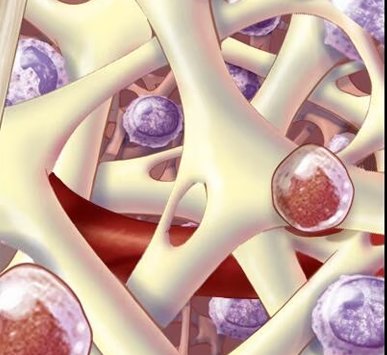
Visiting Hours
Visiting Hours
| Mon -Sat : | 9:00 am - 9:00 pm |

| Mon -Sat : | 9:00 am - 9:00 pm |
Bone marrow failure disorders are a group of rare and often serious conditions characterized by the inability of the bone marrow to produce an adequate number of blood cells. This failure disrupts the body’s normal blood cell development, leading to low levels of red blood cells, white blood cells, and platelets. Several disorders fall under this category, each with distinct characteristics and implications for the affected individual.
Aplastic anemia is a bone marrow failure disorder where the bone marrow fails to produce enough blood cells. This condition can be acquired or inherited, and it often results from the destruction of hematopoietic stem cells by the immune system or exposure to toxins and certain medications.
MDS encompasses a group of disorders characterized by abnormal and inefficient blood cell production. The bone marrow produces immature and dysfunctional cells, leading to a variety of blood-related problems. MDS can progress to acute myeloid leukemia (AML) in some cases.
PNH is a rare acquired disorder where red blood cells are prone to premature destruction, leading to hemolyticanemia. This condition is caused by a genetic mutation affecting blood cell membranes, making them susceptible to complement-mediated lysis.
Fanconi anemia is a genetic disorder that affects the bone marrow’s ability to produce blood cells. It is characterized by congenital abnormalities, bone marrow failure, and an increased risk of cancer. Individuals with Fanconi anemia often develop symptoms early in childhood.
Diagnosing bone marrow failure disorders involves a combination of blood tests, bone marrow biopsies, and genetic analyses to determine the underlying cause. Treatment approaches vary based on the specific disorder and its severity. Common interventions include blood transfusions, immunosuppressive therapies, and hematopoietic stem cell transplantation.

Dr. Chandrasekhar - Expert Hematologist in Visakhapatnam, India.
| Mon -Sat : | 9:00 am - 9:00 pm |
Copyright 2023 andhrahematology All Rights Reserved by Digital Synergy